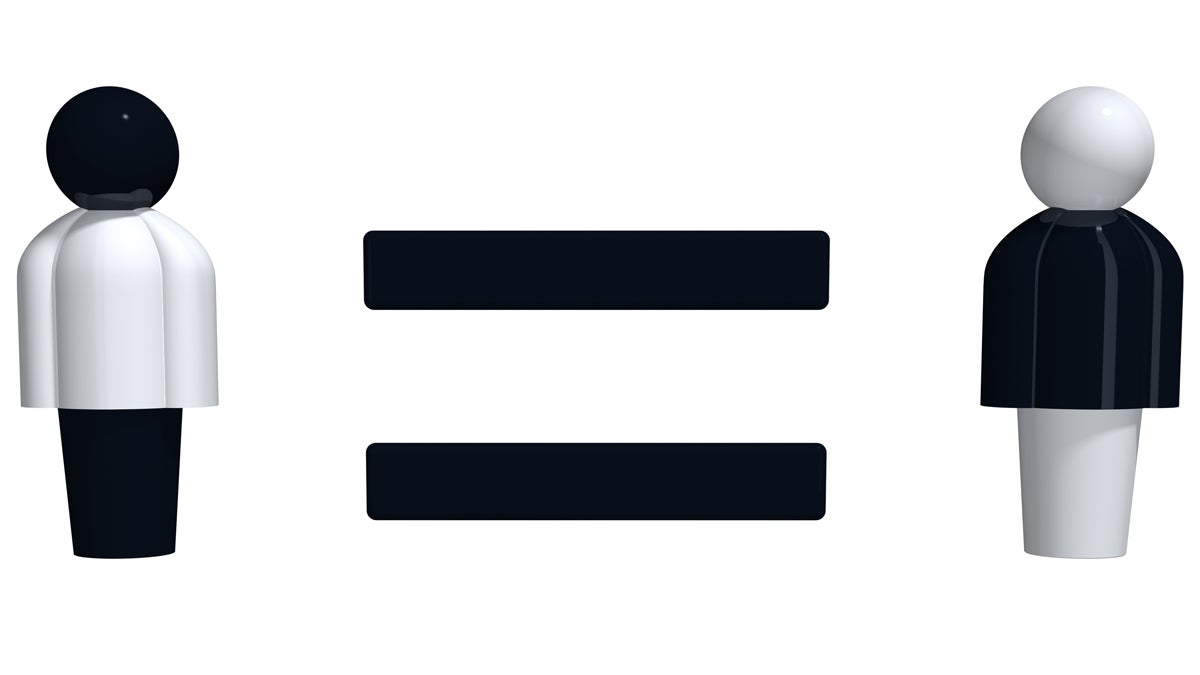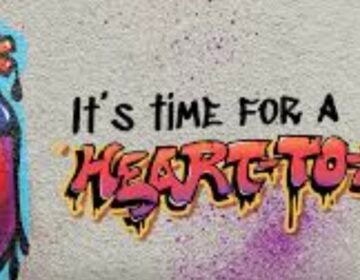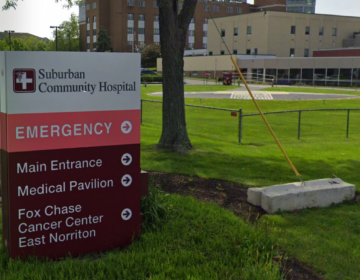Reminding people of common roots can undercut racial bias, study finds
 Photo via ShutterStock " title="shutterstock_18643609" width="1" height="1"/>
Photo via ShutterStock " title="shutterstock_18643609" width="1" height="1"/>
(Photo via ShutterStock
Scientists have discovered that implicit racial bias may diminish when people are reminded of shared group identities.
The research team, led by Anthony Scroggins of the University of California at Santa Barbara, used the Implicit Association Test to measure unspoken and unconscious bias.
In one experiment, they found that participants — college students at UC Santa Barbara — showed less implicit racial bias after categorizing a photo of a black man as a “black UCSB student.” The students who were asked to categorize that same photo simply as a “black man” showed a higher degree of relative implicit racial bias.
“The bottom line to this research is that words matter. The names we label things matter,” said Scroggins.
“If you can get people to focus on a shared group membership, like a shared university membership, or American identity possibly, you can reduce implicit racial prejudice,” he said.
And that’s important, he said, because some research suggests that implicit racial bias — the bias that people aren’t consciously aware of — can be a better predictor of discrimination than outright, explicit racism.
Some studies point to the possibility that implicit racial bias can influence the medical care given to black Americans and how quickly police officers fire their guns in experimental computerized simulations, he said.
But not all shared identities are created equally, though.
Scroggins cautioned that using gender as a shared category to unite men from two different races could create hostility toward women.
He said the results of this study could work in settings that use common naming protocols, including the military, to diminish bias toward different groups.
WHYY is your source for fact-based, in-depth journalism and information. As a nonprofit organization, we rely on financial support from readers like you. Please give today.




